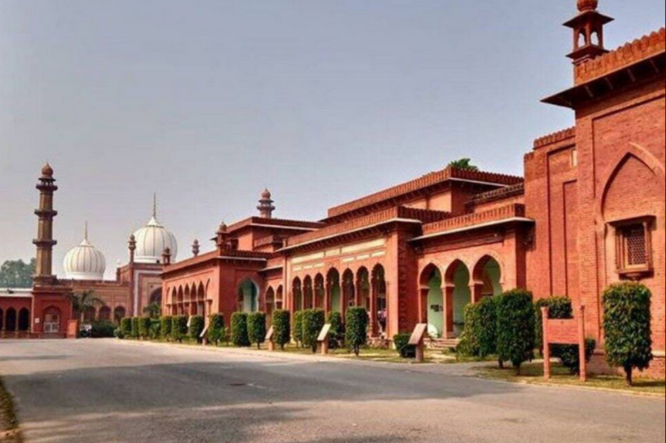AMU researcher discovers cancer prevention 2023

Significant progress has been made in the field of cancer prevention with the discovery of a common mechanism that activates disruption of a single RNA-binding protein, MSI-2 binding to mRNAs of cancer-causing proteins and significantly reduces the synthesis and accumulation of these proteins, thereby decreasing HCV infection and proliferation.
The mechanism was discovered by Hifzur Rahman Siddique of the Department of Zoology at Aligarh Muslim University (AMU) in collaboration with Dr. Keigo Machida of the University of Southern California.
MSI-2 is a singular RNA-binding protein that aids in the accumulation of multiple cancer-causing proteins in patients and promotes the spread of Hepatitis C Virus, thereby promoting liver cancer.

Alcohol, excessive cholesterol, and hepatitis can cause cancer.
Siddique and his colleagues identified this protein by analyzing the liver tissues of 374 liver cancer patients. “Alcohol, a high-cholesterol diet, and hepatitis infection are known to promote cancer initiation, but the precise molecular mechanism is unknown. In this study, we found that MSI-2 protein aids in the accumulation of multiple cancer-causing proteins and promotes HCV proliferation to exacerbate the disease.”
Dr. Siddique stated that liver hyperplasia is reduced in animal models predisposed to viral infection and fed a high-cholesterol, high-fat diet with alcohol. This is a very intriguing discovery that may serve as a potential therapeutic target for drug design and provide guidance for the management of this fatal disease.

“The study has been recently published in Cell Death Discovery
Dr. Siddique and his colleagues had previously identified the molecular pathway that promotes the abnormal division of cancer stem cells, which is responsible for the failure of cancer therapy and the recurrence of cancer. Their research was subsequently published in the 2020 issue of the prestigious journal Nature Communications.
According to him, the liver is regarded the body’s powerhouse, and the incidence of liver cancer is rapidly increasing due to lifestyle changes, chronic alcohol consumption, a high-fat diet, and hepatitis virus infection.
There are currently more than 350 million individuals infected with hepatitis viruses, 70 million of whom are infected with Hepatitis C. It is estimated that 40 million people are persistently infected with Hepatitis B and between 6 and 12 million people are chronically infected with Hepatitis C. When Hepatitis infection occurs in an alcoholic, the situation worsens.
According to him, the discovery is significant for the treatment of liver cancer because blocking the identified protein has a tremendous effect on liver cancer in the animal model and also prevents the accumulation of human cancer-causing proteins, the spread of hepatitis viruses, and the improvement of recovery.
Siddique’s herbal formulation to prevent liver cancer was recently granted a patent, and he is awaiting an extramural grant from the Indian government for further clinical research.
